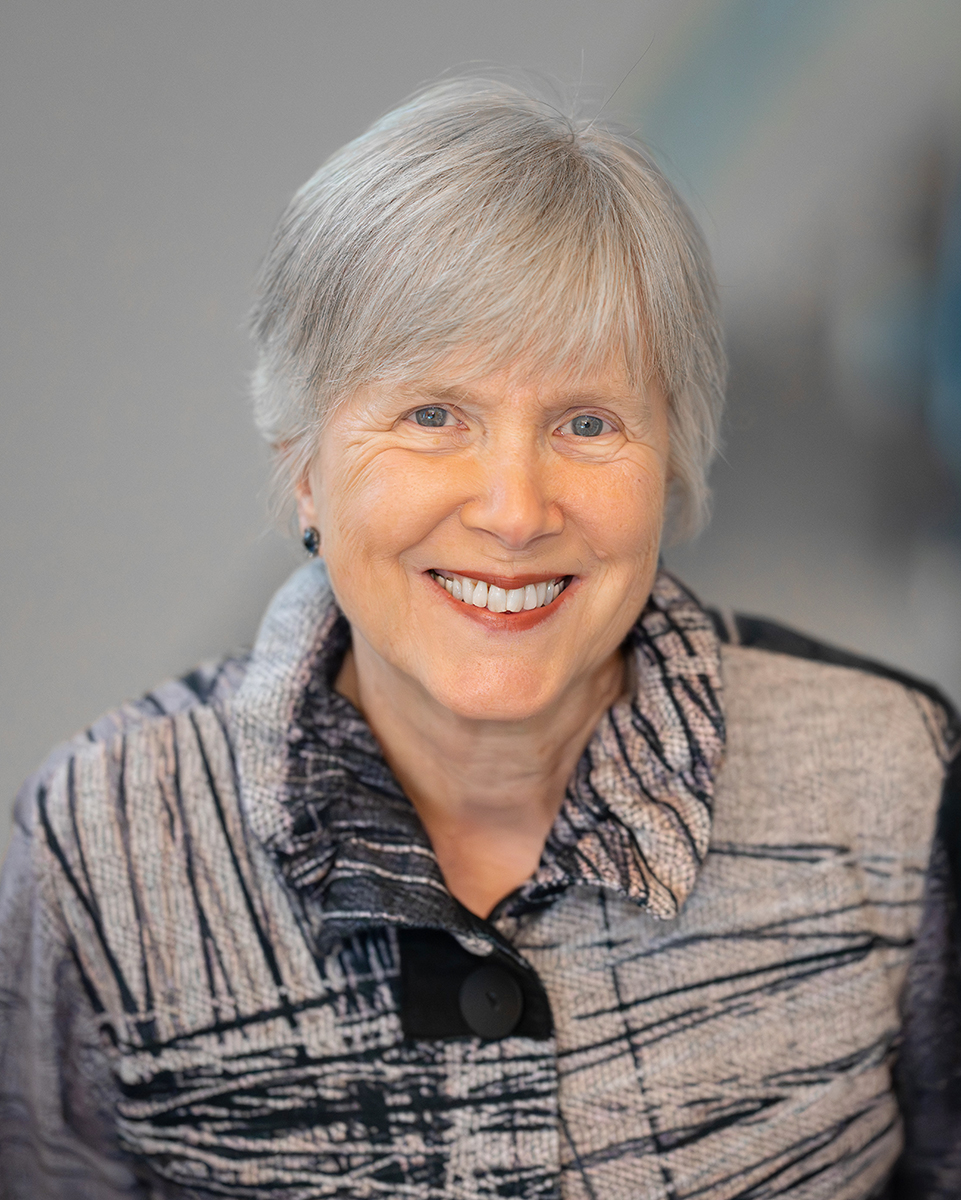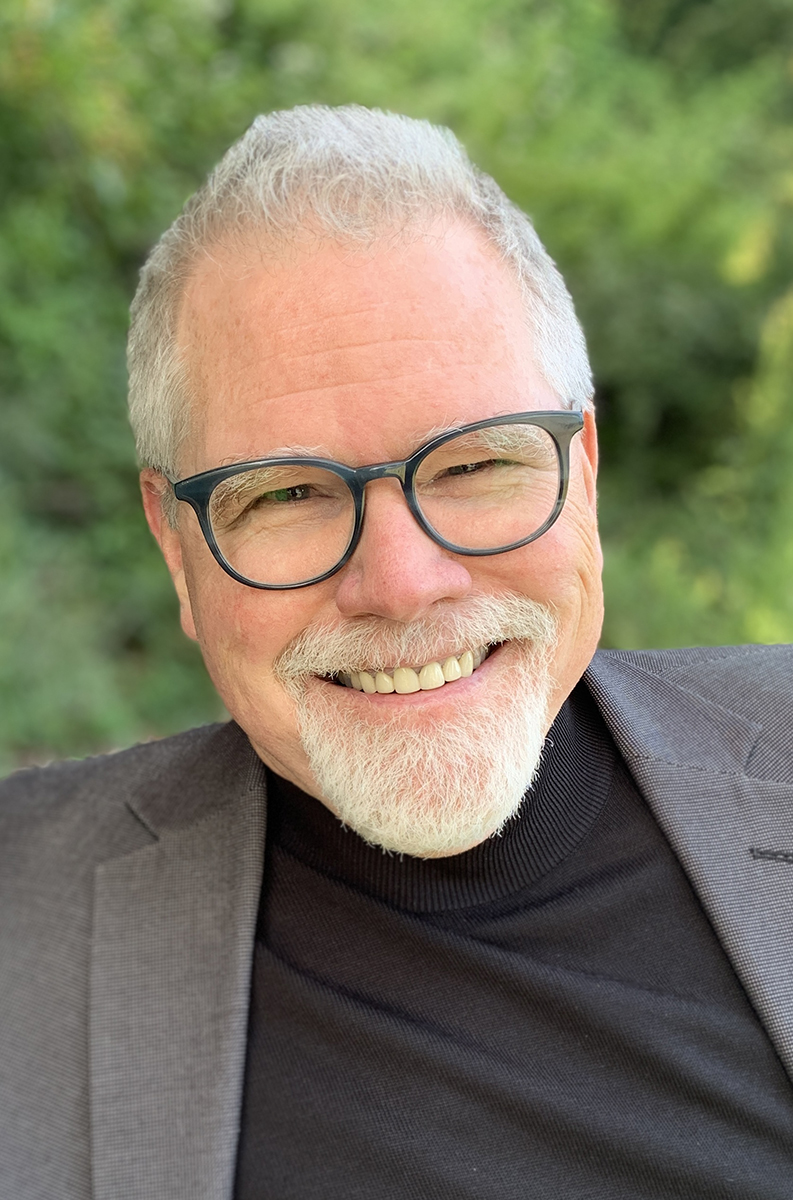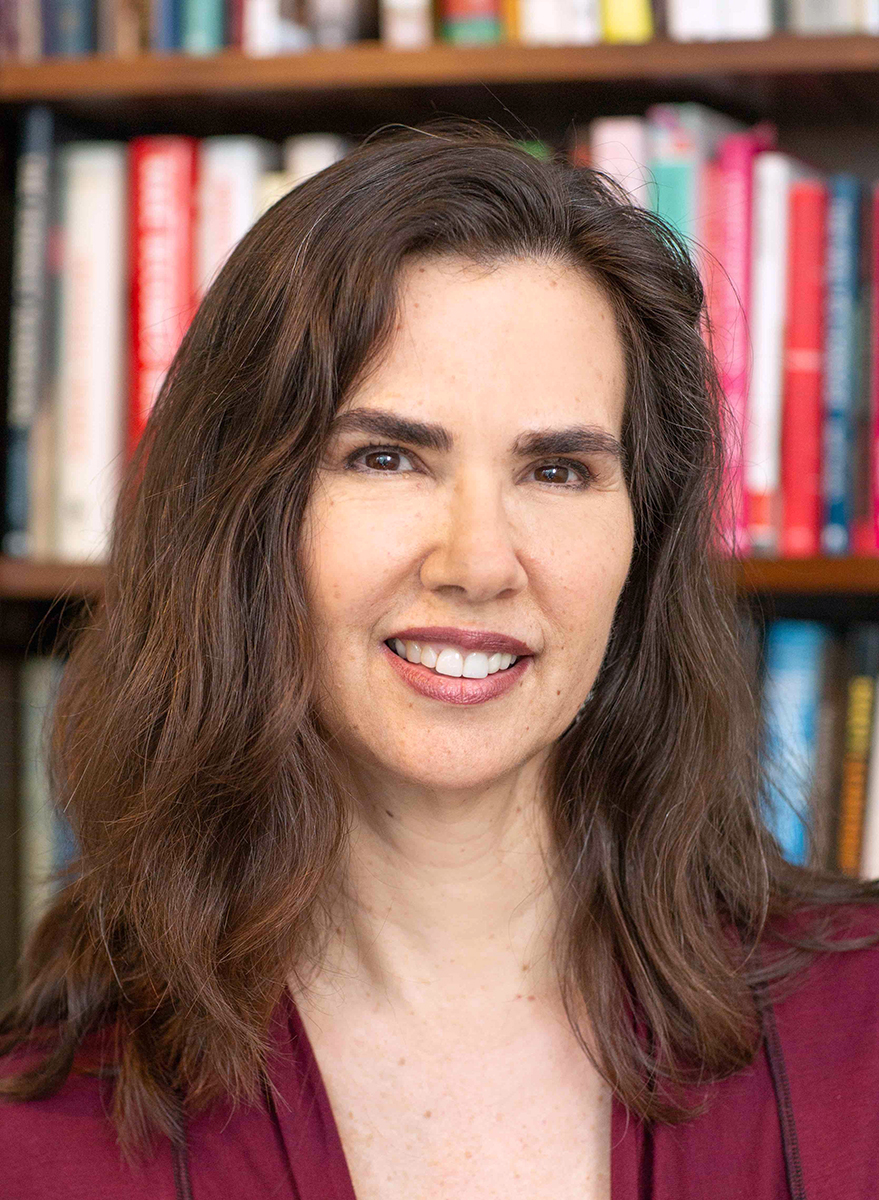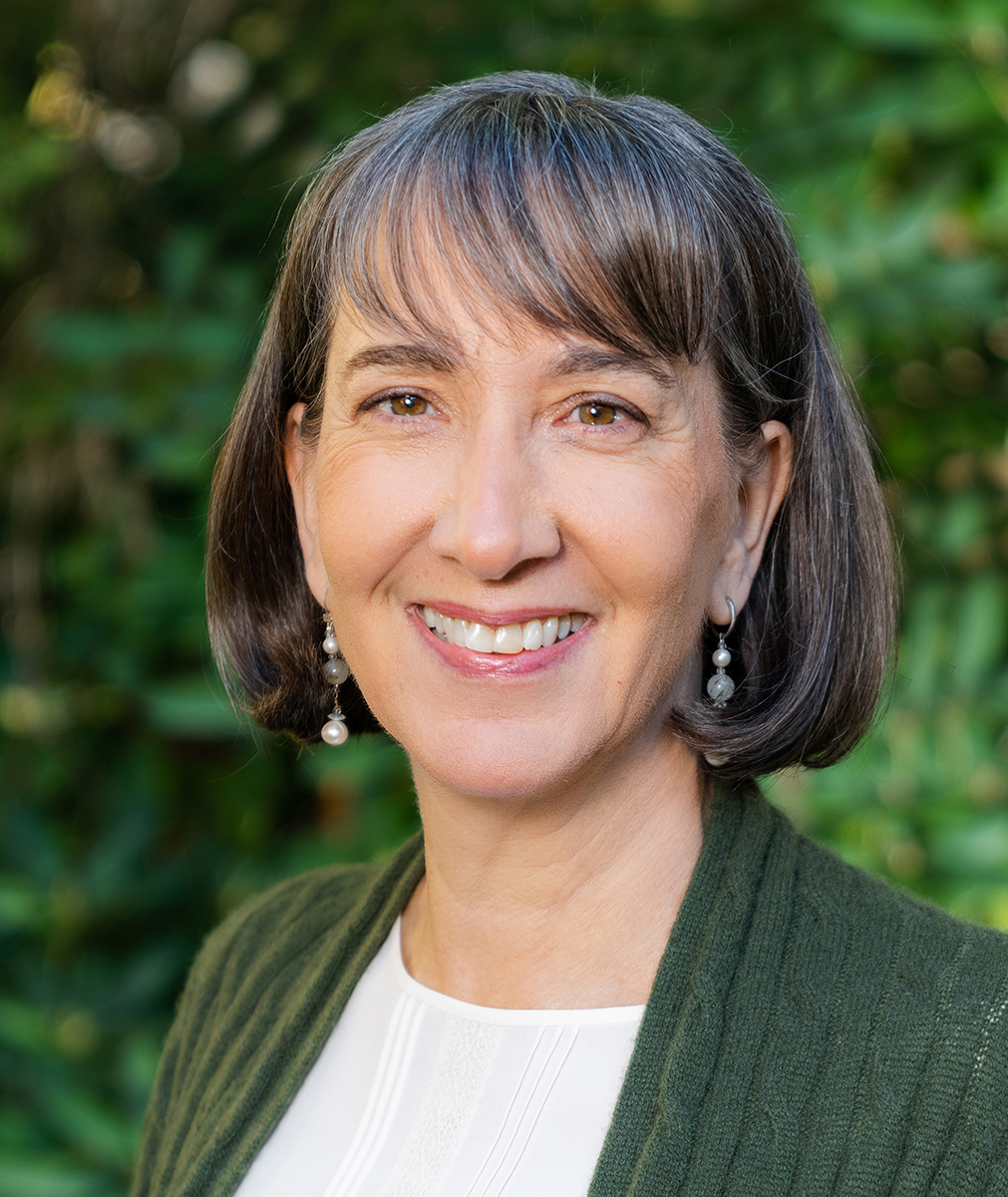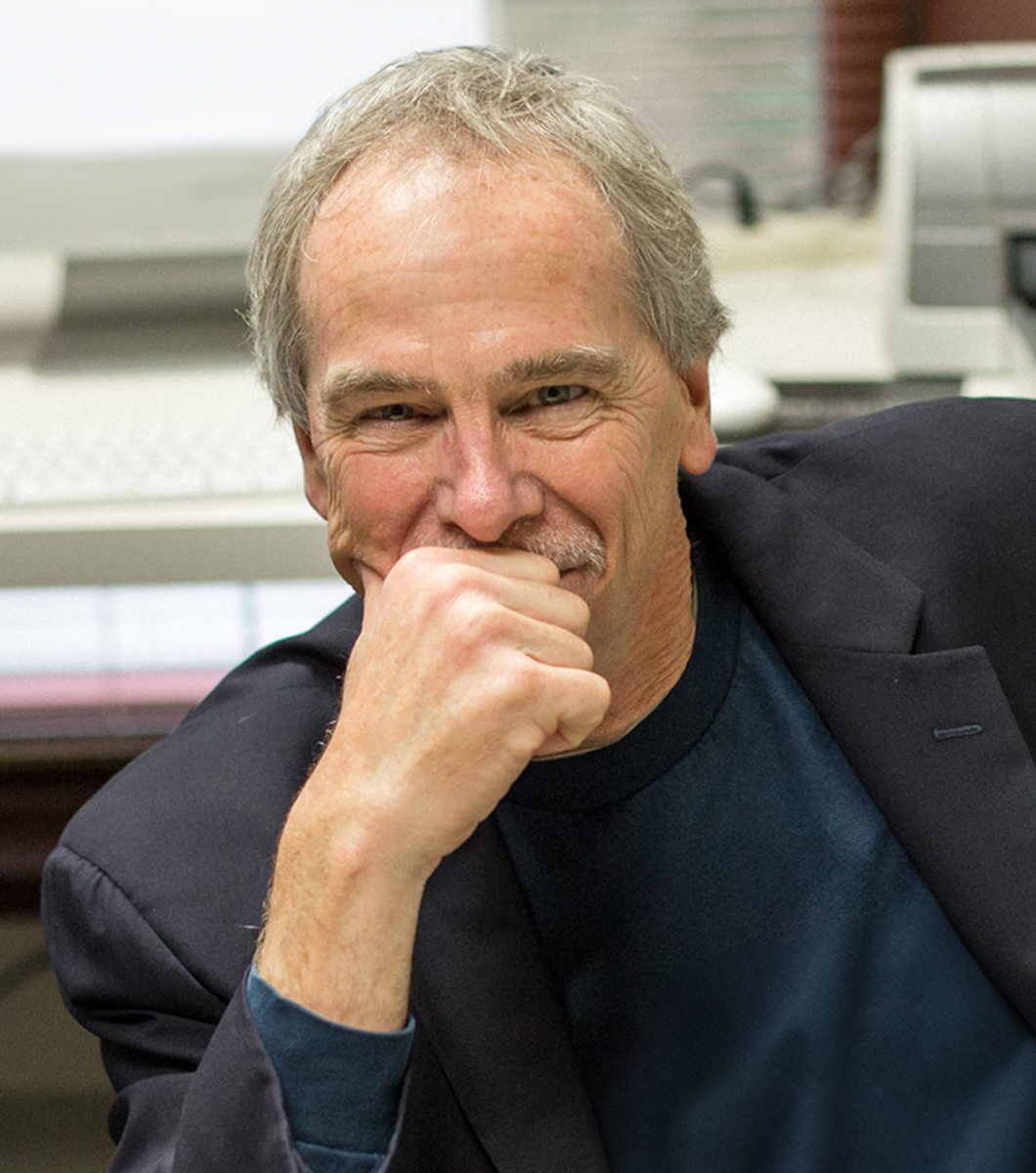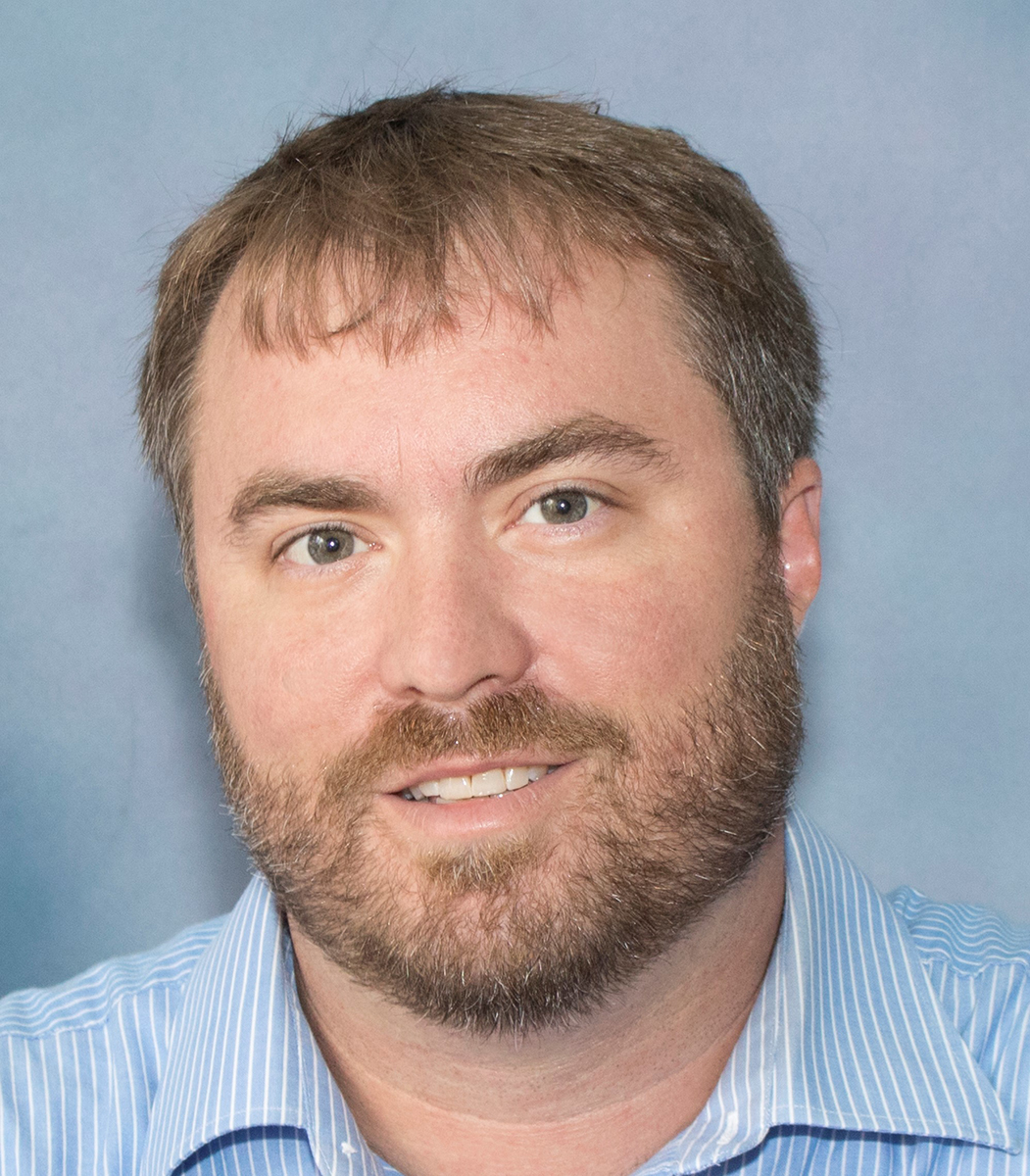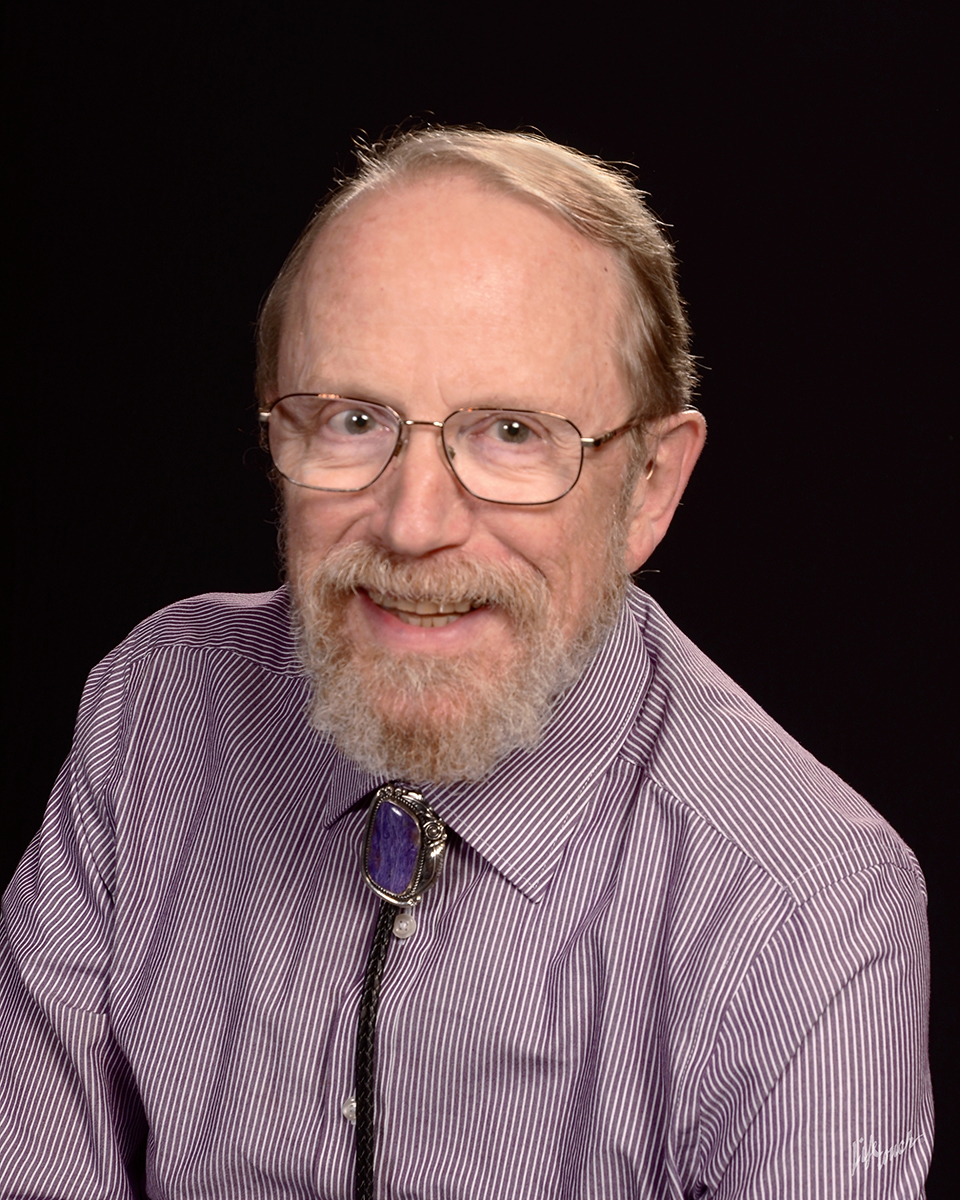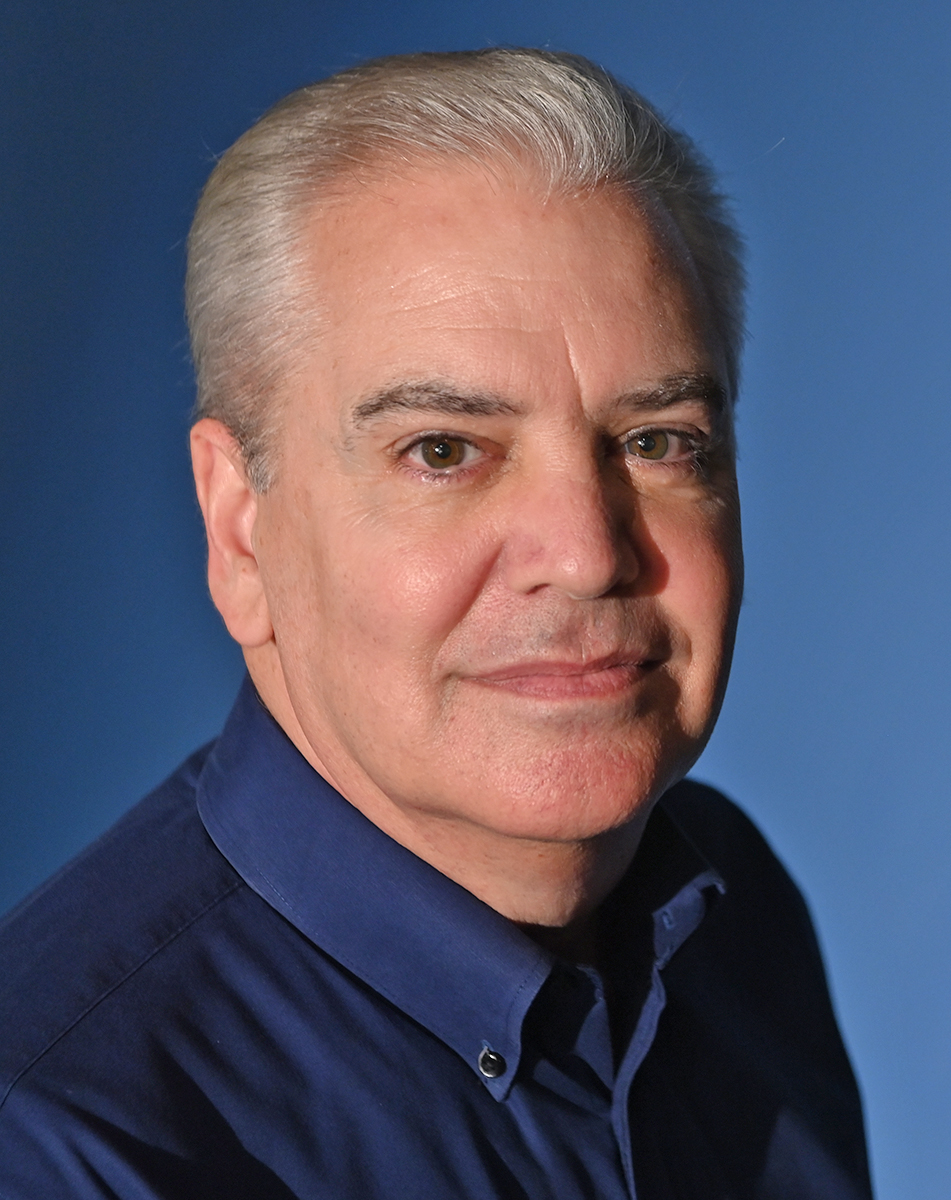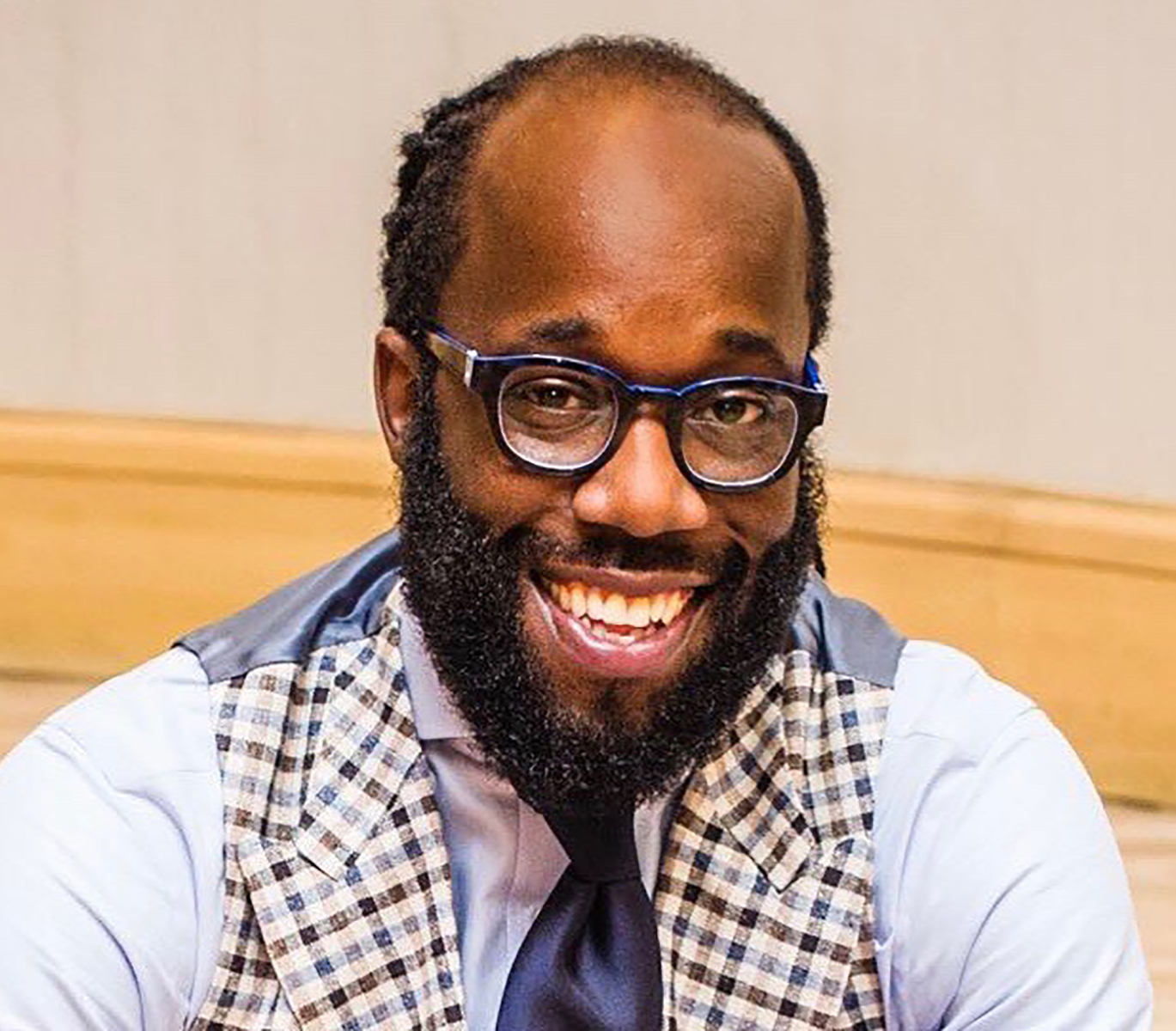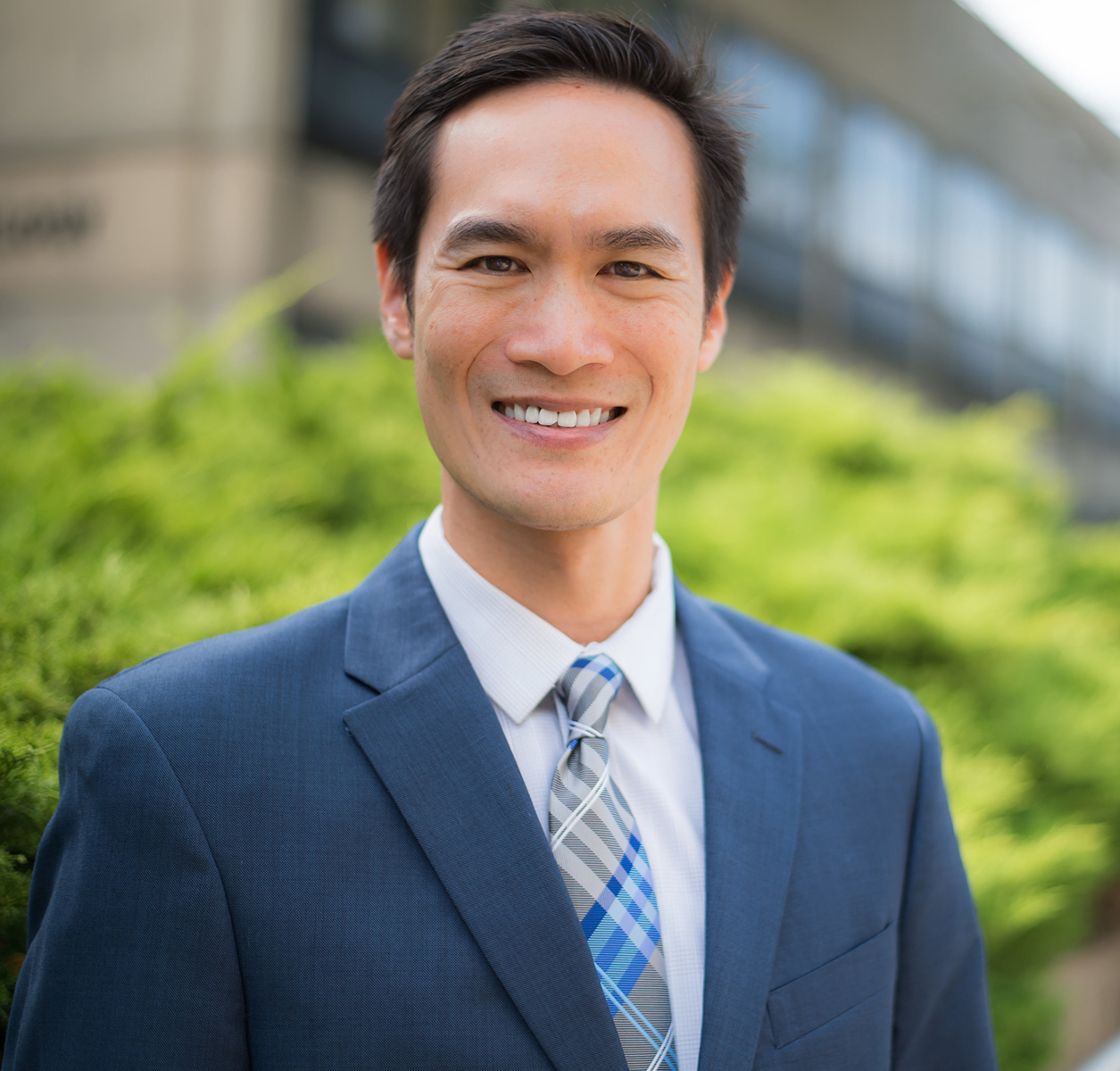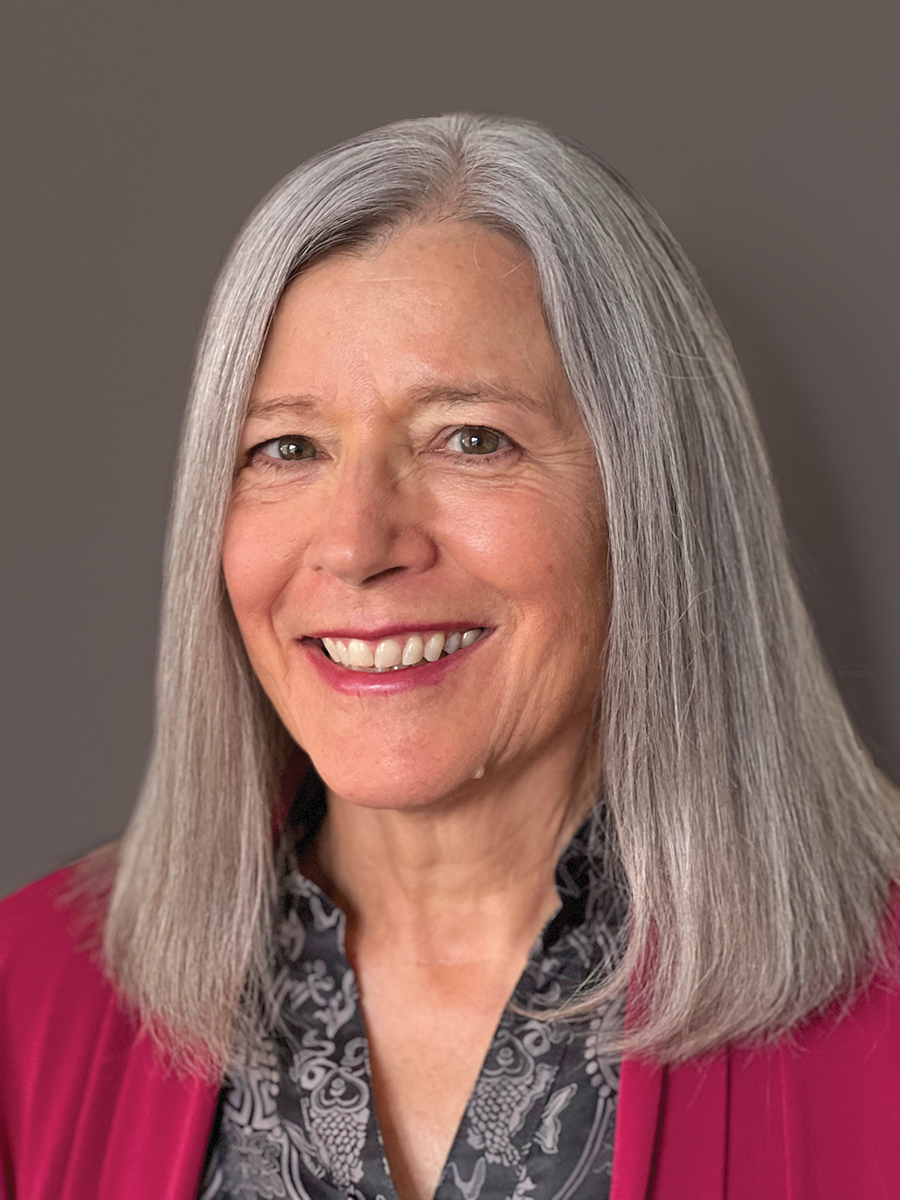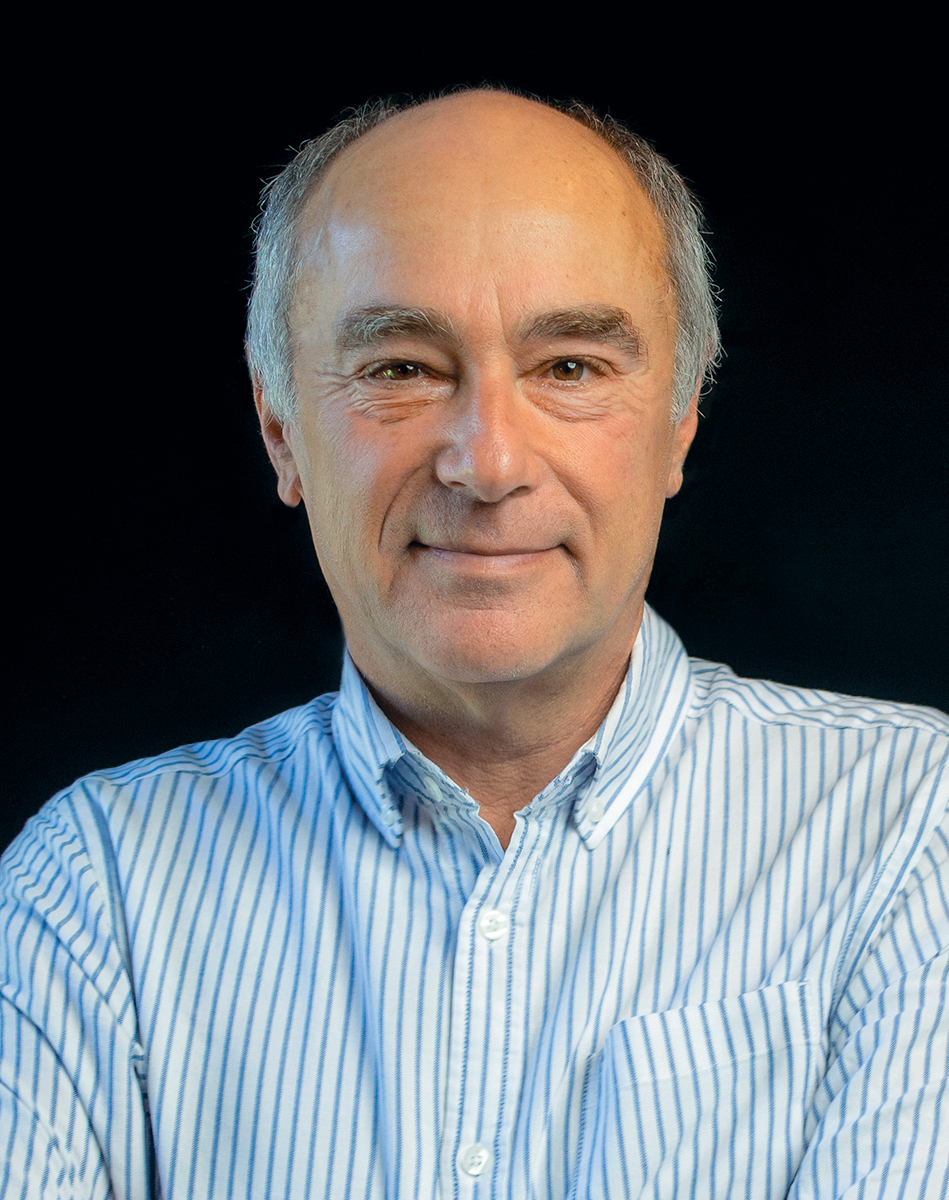Q&A with the Author
Congratulations on the publication of Ordinary Magic: Second Edition: Resilience in Development—and on your recent award from the Society for Research in Child Development (SRCD)! What first inspired you to study resilience in children?
Thank you!
It was the ideas of Norman Garmezy, a professor at the University of Minnesota, that first inspired me to study resilience in children, although I suspect that growing up in a military family also played a role. I met Garmezy when I worked as a research assistant at the National Institute of Mental Health right after I graduated from Smith College. When Garmezy visited his colleagues at NIH, he told me about his exciting new research on what he then called “stress-resistant” children who succeeded against the odds. I was intrigued. Norm recruited me to Minnesota for doctoral training in clinical psychology, where I joined his team and began my career-long research on resilience.
We tend to think of resilience as an inherent trait—a characteristic that we are born with, or that is part of our nature. But you believe this is a misconception. How do you define resilience? Has your definition changed over time?
When I first started to study resilience, I thought about it simply as doing well despite adversity. We were trying to understand how some children manage to do well under difficult circumstances. As findings accumulated, evidence indicated that resilience emerged through processes involving ordinary but powerful adaptive systems that develop and change over time. In addition, resilience of children depends on many systems interacting, ranging from internal systems, such as the immune system and problem-solving skills, to the support and protection provided by good caregivers, families, teachers, and other relationships. Many of the powerful protective factors against adversity, including good parenting and emergency services, are not individual traits. Thus, I think the idea of resilience as a trait is too narrow and too static, and it carries great risk of blaming the victims of uncontrollable adversity.
I define resilience now as the capacity of a system to adapt successfully through many processes to challenges that could be harmful. This definition works for thinking about the resilience of a child, as well as a family, school, community, economy, ecosystem, or other adaptive system. Most important, this definition is scalable and portable across different fields of knowledge that we need to integrate in order to respond effectively to the multisystem threats we face, such as pandemics and natural disasters.
The second edition of Ordinary Magic places greater focus on of-the-minute challenges like climate change, racial injustice, and pandemics. Are resilience factors different in these different situations, or do they tend to be the same?
Interest in resilience surged over the past decade, likely due to the growing urgency of threats to children and our collective human futures posed by natural disasters, armed conflicts, homelessness, economic disparities, and a global pandemic. At the same time, we learned that adverse childhood experiences could have lifelong effects on health and well-being. As I learned about resilience from colleagues in other disciplines, I realized that many of the resilience factors and processes observed in studies of children were also evident in studies of resilience at the level of families, communities, and other human systems. Multisystem threats underscore the importance of integrating what we know about resilience and building resilience across multisystem levels.
What role do systems—including families, schools, culture, and communities—play in resilience development? Can these systems be strengthened?
Multiple systems play a role in human development, both directly and indirectly. In early childhood, effective caregiving and family support are crucial for healthy development, building foundational cognitive, social, and emotional skills that children need. Families in turn depend on the support of many other people and systems as they rear children, ranging from healthcare and emergency services to cultural wisdom. In many societies, children benefit from early childhood education programs that prepare them for school. Schools, in turn, teach children specific skills such as reading. In addition, they nurture many of the capabilities children need to adapt successfully in life, such as self-control, self-confidence, persistence, and getting along with other children and adults. There are decades of research on the ways that families, schools, and communities can improve their effectiveness for nurturing positive development, which also builds resilience for children.
If you could give one key takeaway about resilience to clinicians, parents, educators, or policymakers, what would it be?
Resilience depends on ordinary but powerful adaptive systems that develop and change over time, influenced by parents, educators, clinicians, and the decisions of policymakers, as well as childhood experiences. We can improve the odds for successful development of our children in multiple ways, including efforts to lower risk and boost resources. Investments in healthy child development build resilience in multiple ways as well, particularly for children and their caregivers who lack basic resources and protections. Resilience is malleable. We can nurture, mobilize, or restore the “ordinary magic” of adaptive and protective systems in the lives of children to protect them against present threats while also fostering their future resilience.
See all titles by and read more about Ann S. Masten on her author page!


